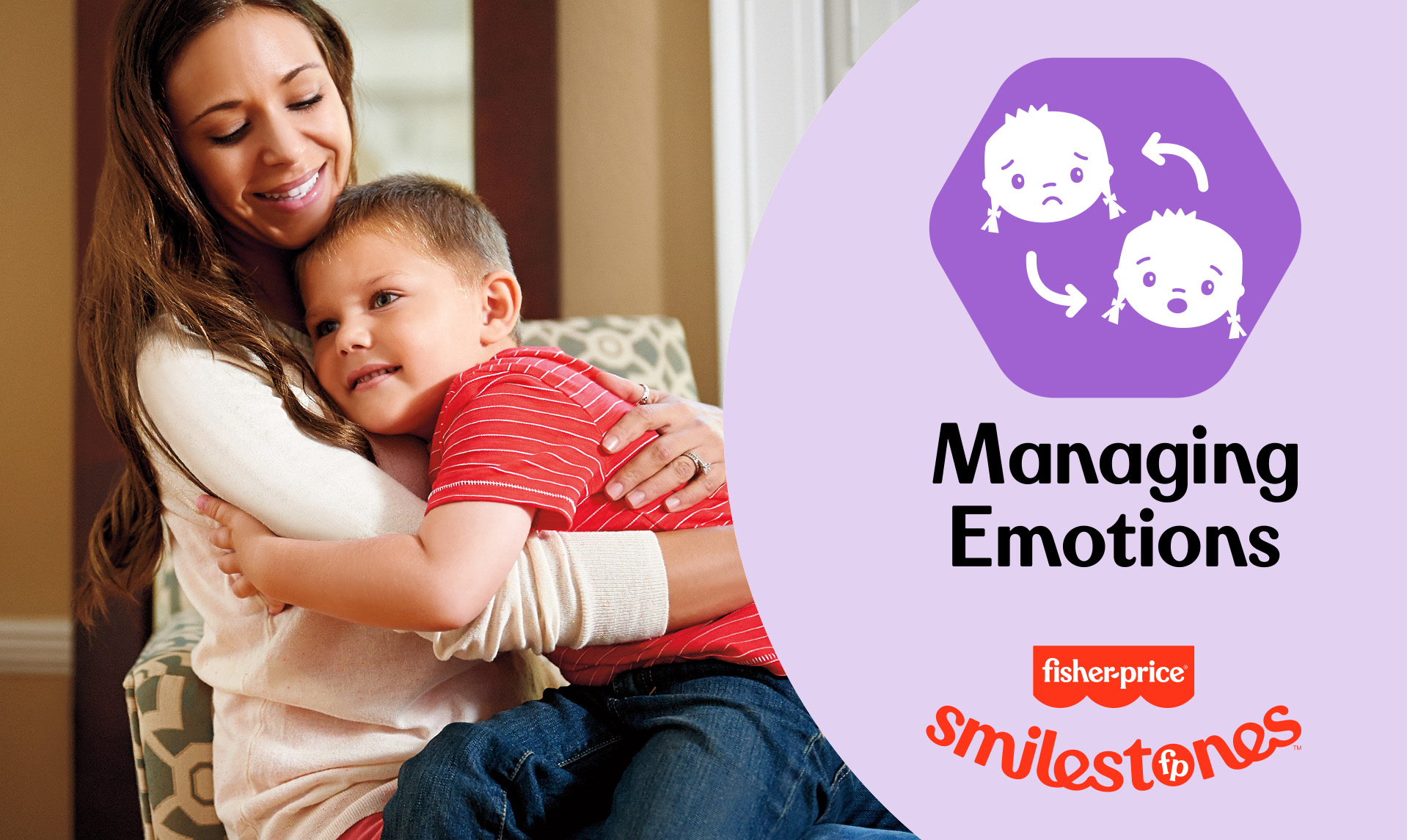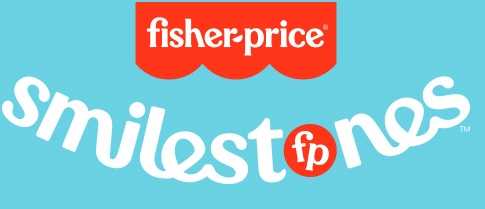From Meltdowns to Milestones: Unleashing Your Preschooler’s Emotional Potential
July 20, 2023

Ready to unlock your preschooler’s emotional potential? As an expert in child development, but more importantly a fellow mom to a preschooler, I’m here to help!
Let’s explore some practical tips, tricks & ideas that can help you to empower and support your little one on this big journey. So, grab a cup of coffee and let’s dive into the wonderful world of preschool emotions together.

Why your preschoolers’ big emotions matter & how to help manage them
Preschoolers are making huge developmental strides! They're becoming more independent, making friends, attending preschool, and are such creative storytellers. These experiences bring new emotional challenges that can be overwhelming. They may struggle emotionally to keep up with this new, big kid world, but you can help them through this! 😉

Basic Tips
Check out some of my favorite tried & true methods to help cope with those big feelings!

1. Give them a distraction.
This could be something like setting up a simple craft or bringing out some of their old toys. Nothing like a little nostalgia to put them in a calmer head space, right? I tried this recently, and my daughter just loved playing with her old baby toys for hours!

2. Give their hands an outlet.
Sensory play is always one of my favorite ways to soothe emotions and re-center children with an activity they love. This could be water, sand, mud, paint even sensory toys to help express emotions & keep their hands busy.

3. Give them space.
Literally and physically. Do you ever “just need a minute”? So do kids! Give them space to calm down. Then they can reflect on the situation with a calmer mindset. It works wonders. Also, space outdoors allows children to move freely, as they learn to release and manage their emotions in the moment.

4. Give them a way to connect.
Reading or listening to stories can provide relatable opportunities for preschoolers to learn from characters just like them, especially when it comes to those characters managing their own emotions! This can look like a typical story time, but it can also be listening to podcasts or audio books for some quiet down time for everyone.
Surprising Tips
When you need a little extra help, these unique tips can elevate everyone’s toolbox for managing emotions.


Timeline
This time in your lives might feel like a whirlwind of emotions, and it’s ok-because it’s supposed to! Check out this timeline that gives age ranges for when you can expect your little one to be ready for upcoming emotional milestones.

3-4 years
- Describes basic feelings such as happy, sad, mad
- Uses learned skills to remain calm in changing/disappointing situations, but often requires adult support
- Develops self-awareness & embarrassment, may hide face feeling self-conscious

4-5 years
- Describes more complex feelings such as frustrated or nervous
- Uses a range of strategies to manage emotions, no longer tantrums, but sometimes requires adult support
- Enjoys re-enacting real-life scenarios and emotional responses in pretend play

5 years+
- Begins to show awareness & skill regarding controlling their own temper, and verbalizing feelings
- Has more patience with waiting and with others


Still struggling?
Here’s a seek & find exercise to teach your preschooler! I like it because it takes the mental focus away from the difficult emotion in the moment, but also helps them to calm those big feelings in a healthy & appropriate way.
Help them to notice 5 things they can see, 4 things they can touch, 3 things they can hear, 2 things they can smell and 1 thing they can taste. Closing the exercise with tasting something is a great way to positively transition to the next activity, so for example-grabbing a glass of water or milk and then heading outside to play! When the moment has passed, chatting about their emotions can be a nice way to move forward together.



Parent check-in
Guess what? What works to soothe them, can work for you too.
Try sensory activities or create a calming playlist you can enjoy together. A variety of calming activities can benefit you as well (because yes, you deserve it!), and sidewalk chalk or coloring books can be soothing for grown-ups too. Don’t underestimate the power of sunshine and fresh air either; even just a short outdoor stroll in your neighborhood can be the perfect pick-me-up for everyone.
Gentle reminder: If you ever have concerns about your child’s development, trust your gut and reach out to your pediatrician.”

Bringing a smile to milestones.
Say hello to happier parenting. We’re here to help you celebrate the little victories, let go of expectations, and pick up more positivity. Because after more than 90 years of helping families, we’ve learned that development happens naturally when fun leads the way.
Learn More






































